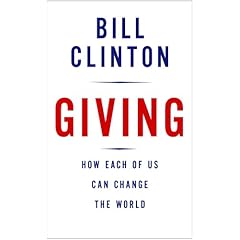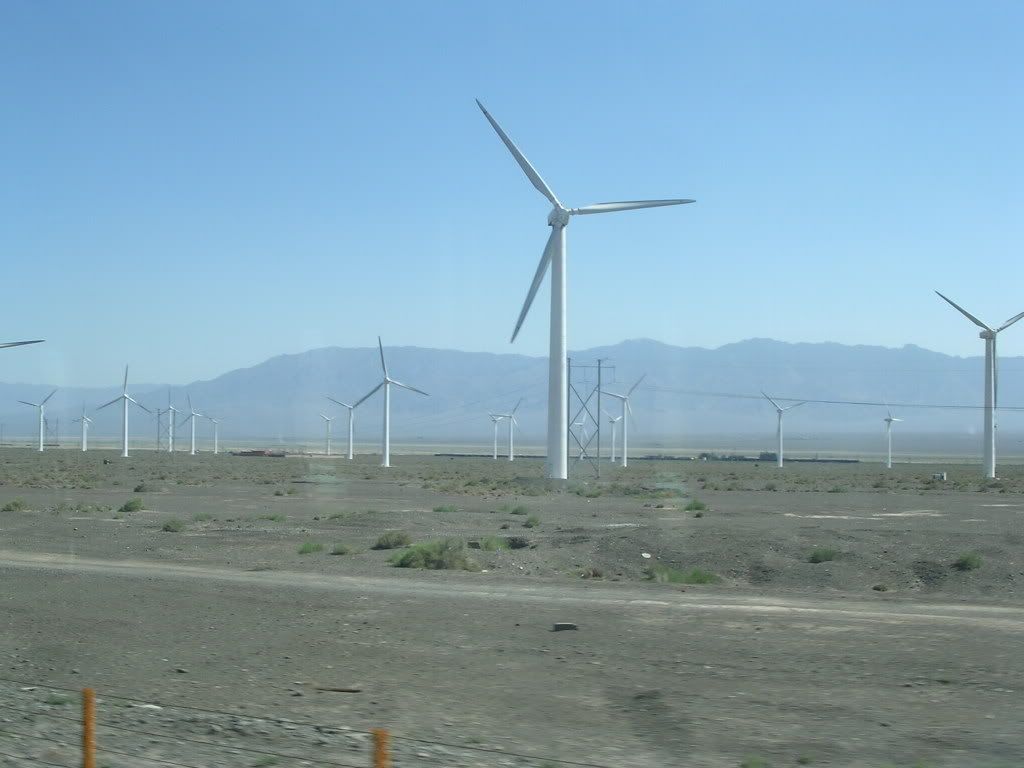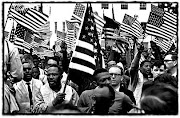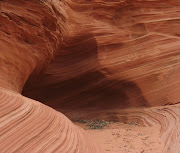
In Burma, monks are protesting by marching in Yangon against the military dictatorship of the nation they renamed Myanmar. Buddhist monks exited monasteries in a show of strength and unification to publicly register dissent.
In defiance, the public joined the monks, swelling their numbers. Holding an upside down alms bowl is a searing sign of protest. Monks leading the march made their positions clear and the boycott real. They refuse to accept alms from military personnel or perform any religious duties for them. It was not one protest, but many protests all over Burma that have put the totalitarian junta in a delicate position as
they dare not try more heavy handed tactics against monks held in the highest esteem by the public.
(Reuters photo/Aung Hla Tun)
Braving monsoon rains and the attention of dozens of plainclothes security police, the maroon-robed monks chanted mantras and then walked in procession round the guilded stupa of the Shwedagon Pagoda, the former Burma's religious heart. Protest marches by monks are becoming a daily occurence, a sign of the civilian anger at last month's shock fuel price rises becoming a more deep-rooted religious movement against the generals and their 45 years of rule.
rises becoming a more deep-rooted religious movement against the generals and their 45 years of rule.
Several hundred ordinary people joined in before the monks marched through the streets of the main commercial city, past the embassies of Britain, Australia, India and the United States.
They met no opposition.
However, armed police threw up barbed wire barricades near Yangon university -- centre of a 1988 mass uprising crushed with the loss of an estimated 3,000 lives. Police also tightened security at the home of detained democracy icon Aung San Suu Kyi.
Orders to stand down were paramount to the Myanmar government, in order to quell any overt confrontations. Because the protest went unmolested by the police and other government onlookers, there is fear the precedent may have a lasting detrimental impact on the militarists

hold on power. After the unilateral 500% fuel rate hike in one day, bankrupting the broken poor, the Burmese government should be building bunkers to hide in from their own people. Resolute, steely eyed and patient are the monks, they have a country's affections and 2500 years of religious tradition on their side.
There is no set end date for the historic religious protest. This is the longest and one of the largest sustained protests led by Burma's Holy Men in twenty years with no end in sight. Arrests continue apace with a Nobel Prize winner under house arrest since 2003. Yep, that's flop sweat forming on the bushy brows of the installed dictator's gun toting army generals.

One of the greatest speeches ever made in Washington D.C., came from a young preacher aptly named Martin Luther King, who led a reformation of the protest culture in this country based on nonviolence.
yesterday's protest had no violence associated with it. Two civil rights activist from years and photo ops past were there as the old guard protested alongside
young people of color many wearing black T's that used the internet to organize. One commonality with the 1963 March was
the vast array of buses bearing protesters of all shapes and sizes were clogging the road, delaying the start because the roads weren't made for that much traffic all at one time. In each instance, they got out and walked.
(AP photo/Alex Brandon)
Reminiscent of the late 1950's and 60's and pass the plate collections, colorful
buses filled to the brim from all over the US, amassed to bring
determined marchers to the sleepy backwater town of Jena, Louisiana. In 1963, the March on Washington featured mostly men, except for the soulful angelic voice of Mahalia Jackson.
Chanting slogans from the civil rights era and waving signs, protesters from around the nation converged in central Louisiana, where the charges have made this otherwise anonymous town of 3,000 people a high-profile arena in the debate on racial bias in the judicial system.
“That’s not prosecution, that’s persecution,” the Rev. Jesse Jackson, the founder of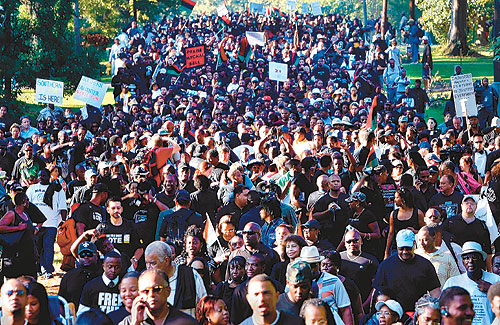 the RainbowPUSH Coalition and an organizer of the demonstration, told a crowd in front of the LaSalle Parish Courthouse. “We will not stop marching until justice runs down like waters.”
the RainbowPUSH Coalition and an organizer of the demonstration, told a crowd in front of the LaSalle Parish Courthouse. “We will not stop marching until justice runs down like waters.”
The Jena High School students, known as the Jena Six, are part of a court case that began in December, when they were accused of beating a white classmate unconscious and kicking him and a prosecutor charged them with attempted murder.
The beating was preceded by racially charged incidents at the high school, including nooses hanging from an oak tree that some students felt was just for white students. The tree has been cut down.
Solidarity was found across America for those who could not travel,
staged local protests. Of course, the taser zapping seen 'round the world by the campus police, of a guy while down, at John Kerry's Florida speech, is mopping up attention.
 (Photo Getty Images/Brendan Smialowski)
(Photo Getty Images/Brendan Smialowski)Seeking a national audience for protests in DC were those against the Iraq War.
Over
150 arrests were made among thousands of marching protesters. DC national press ignored the cause most central to America's world standing as they did in 2002 when millions said preeminently invading Iraq for WMD's was wrong and without legal merit. George Bush sent the troops in to occupy Iraq based on lies, equivocations and the chattering cheerleading voices of an overblown ego in his head. The rule of law is for everybody else and hence the protesters aim to remind him and all those sanctioning the Iraq travesty that they are full slumlord owners of the worst historical blunders in American history.
Update: My previous post on
last week's protest in Taiwan, led by the president, for international recognition from the United Nations against communist China's
All One wishes.

The satirically titled
Finding George Orwell in Burma is just the first delight by Emma Larkin. She chronicles the journeys of George Orwell as he developed his mindfulness in Burma.
In honor of the young people of the 60's who risked life and limb to

non-violently protest for equal justice under law, I highly recommend reading their stories and struggles in the late David Halberstam's
The Children. Though they were children, John Lewis gave a fair amount of blood and heart, enduring beatings and hosings, to turn into the civil rights legend that he remains today. One of the most elegantly written books about the full range of Jesse Jackson comes from southern writer, Marshall Frady, simply titled,
Jesse.
 Chalk another one up for the determined youth that once again does not take their elder scientists' words as gospel truth or settled facts. Out in deep space about 1.5 billion light years away, a catastrophic event happened causing a massive amount of energy to affect listening equipment. At the time of the event, with researchers stating adamantly it was man made. This pat explanation did not sit well with an enterprising undergrad wannabe astrophysicist who went on a quixotic quest to study the data from the Small Magellianic Cloud.
Chalk another one up for the determined youth that once again does not take their elder scientists' words as gospel truth or settled facts. Out in deep space about 1.5 billion light years away, a catastrophic event happened causing a massive amount of energy to affect listening equipment. At the time of the event, with researchers stating adamantly it was man made. This pat explanation did not sit well with an enterprising undergrad wannabe astrophysicist who went on a quixotic quest to study the data from the Small Magellianic Cloud.icate at this point, as it is the only one that has been detected so far.





